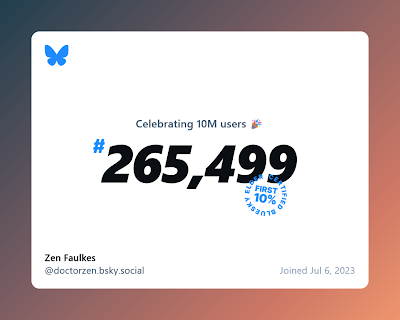We just passed the 25 anniversary of Breakaway Day, September 13, 1999, when 311 people on Moonbase Alpha were lost when the moon was blown out of Earth orbit by a nuclear explosion.
At least, that was what happened in the TV series Space: 1999.
Because of this (fictitious) anniversary, and seeing a panel about The Eagle Obsession, a documentary about Space: 1999, I’ve been thinking about this show quite a bit. Which is strange, because I never loved the show. I’m a fan of the Eagle transporter, but not a fan of the show.
I was never a fan because the characters couldn’t win. The moment the people on Moonbase Alpha found a home, that was the end of the show. This is not a format I’ve ever found appealing. And it is one that gets used a lot in science fiction. Lost in Space, Land of the Giants, The Time Tunnel, Battlestar Galactica (both versions), Land of the Lost, and Star Trek: Voyager, to name a few. At least the Battlestar Galactica reboot and Voyager got final episodes that tried to wrap things up, but shows almost never got proper conclusions in the 1970s.
The best the characters of Space: 1999 could hope for was to survive — to earn a temporary reprieve from execution by an uncaring universe.
There has been talk time from time about rebooting the show. It’s
mentioned in the panel. There were some plans that went so far as
getting some promo material out. Space: 2099.
The tagline for Space: 2099: “Man’s giant leap was just a stumble in the dark.” It’s a good line, but it’s still pretty bleak.
So I was turning over in my mind about what a reboot would look like that I would actually enjoy. I thought, “Humans alone on a hostile alien environment, cut off from help… wait. That’s The Martian.”
I enjoyed The Martian about as much as I did not enjoy Space: 1999. There were two key differences. The first was hope. This was clear in the poster tagline, “Bring him home.” Getting Watney back home was going to be almost impossible, but the story lives in the “almost.”
The second key difference was Mark Watney’s character, who might be described as “an excellent player playing excellently.” (I’ve heard the movie described as “competence porn.”) The audience pulled for him as he solved problem after problem.
I would like to imbue some of that more hopeful attitude into Moonbase Alpha. Something a little closer to The Martian or For All Mankind than Werner Herzog.
If I were to pitch a Space: 2099 reboot:
A disaster cuts off Moonbase Alpha from Earth. But Moonbase Alpha is crewed not just by 300 random humans, but by 300 explorers. They are resilient. They are adaptable. They are highly skilled. They know they are in the most dangerous environment that any humans have ever been, but they will not. give. up. They will not settle for mere existence on an airless rock. They want to go home – but if they don’t, they are determined to create a base where they can thrive and live as richly as they did on Earth.
P.S.—I have one of the Eagle stories on The Eagle Obsession website! It’s submitted one of my old blog posts about why the Eagle is my favourite spaceship.
Related posts
Space: 1999 is now further in the past than it was set in the future
My favourite spaceship (It’s the Eagle)




